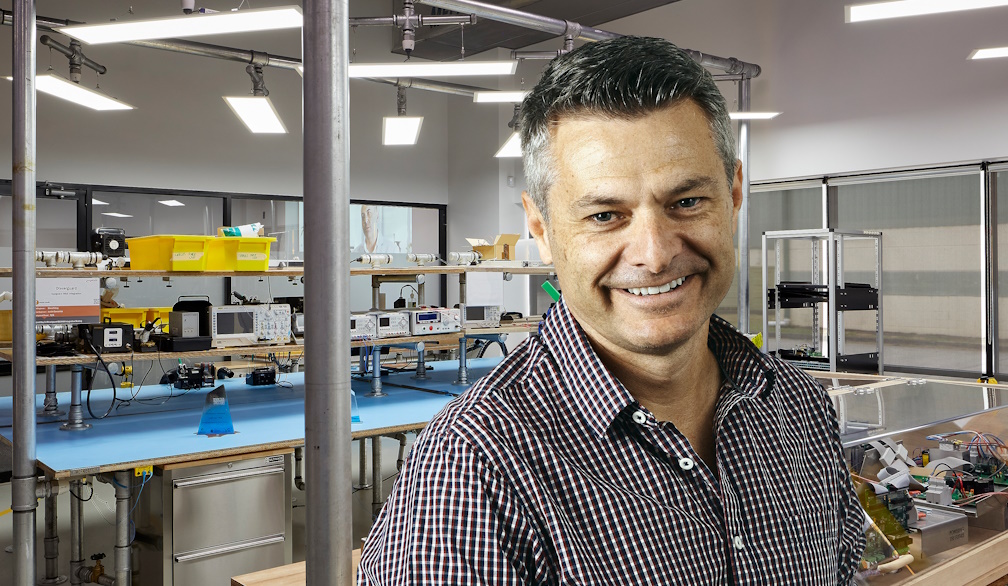How to solve energy security as coal-fired power stations close
- Written by Trent Bagnall, Managing Partner at Melt Ventures

Australia is on the precipice of the clean energy revolution, with cost-effective solar generation expediting the shutdown of coal power stations like the Liddell Power Station and Australia’s largest Thermal coal mine, Mt Arthur. Despite this, Australia remains one of the world’s largest carbon emitters per capita — a stark reminder that we are a far cry away from filling the looming gap left by accelerated coal retirement commitments. If Australia is to achieve our net zero goals, while maintaining a reliable and consistent power supply, there must be a considered move to invest in hardware companies that are designed to address climate change.
Balancing the grid
The key to ensuring we achieve our net zero goals is addressing how to generate and store enough electricity in the grid to avoid being in short supply during periods of high demand. Similarly, curtailed production of energy in peak supply periods without adequate medium-duration storage infrastructure also poses a problem.
Consistent and dispatchable power, also known as firm power, is becoming increasingly important to the grid and there is a significant opportunity for innovative technologies to be successful by taking advantage of storing solar and wind during times of excess, and dispatching it back to the grid cheaply and efficiently.
Learnings from California
We must only look to California's ‘Duck Curve’ — where the amount of renewable energy production during the day outstripped total electricity demand — to understand the serious challenges a lack of storage infrastructure brings for maintaining a balanced grid. California’s case study highlights the reduced reliance on traditional fossil fuel-driven electricity generation as the sun comes out; when it is simply cheaper to rely on renewable energy. Conversely, as the sun sets, and the hours of peak energy demand rise in the evening, this creates a new challenge for renewables to be able to supply firm power to smooth out the neck of the curve.
While increased wind and solar generation is a win overall, the Duck Curve creates a challenge for maintaining a balanced grid at a reasonable price point for consumers.
As Australia transitions to renewables, the grid issues faced by California are a reminder of how fragile the balance between green and fossil fuel energy supply can be. The current market is ideal for investors looking to have a stake in high impact energy companies that can supply solutions to these problems today while helping to shape the future of Australia.
Creating a ‘version 2.0’ of the energy sector
On our current trajectory, the likelihood of Australia achieving net zero by 2050 is lessening each year. If we hope to remain close to this goal, adequate investment in renewable energy companies is crucial.
The likes of Endua and MGA Thermal, who have created long-duration energy storage products, are helping to power communities, remote industries, and off-grid infrastructure in a cleaner and more reliable way than incumbent suppliers.
Endua’s power banks are self-contained systems that generate electricity created from 100% renewable energy. This energy is stored as hydrogen and converted back to electricity by fuel cells, designed to deliver sustainable and reliable electricity on demand — like a diesel generator, but without the emissions. Similarly, MGA Thermal’s blocks store and deliver thermal energy while remaining outwardly solid, turning renewable energy into clean steam and power that’s available any time of the day.
It is innovative and revolutionary Australian clean energy companies like this that are going to address and ultimately solve energy security as coal-fired power stations continue to close.
Energy security is a balancing act, and one that must be managed closely as we transition to renewables. Adequate investment in clean technology companies will ensure Australia is prepared for the move away from coal, with the infrastructure in place to avoid the instability with variable renewables while providing firm clean power.







